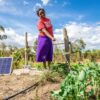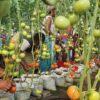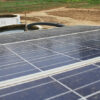Dried and ready to market in a fraction of time and cost – why farmers are breaking with tradition

Even in the sunny regions of Ethiopia, farmers struggle with crop losses due to inefficient drying. But two Ethiopian seed cooperatives – Dil Betil and Tuka Keter – are using solar dryers to reduce losses and increase yields. Simply by being able to cut drying times from 15 days down to two. Implemented by Deutsche Gesellschaft für Internationale Zusammenarbeit (GIZ), Green People’s Energy trained the cooperatives’ technicians.
Agriculture plays a central role in the Ethiopian economy and is the main source of income for many people. Many small farmers dry crops, vegetables and fruit in the sun. This method is hardly efficient, as they have to dry in the sun for many days, sometimes up to two weeks or 15 days. Often the weather changes or pests attack the crops. Both factors reduce the quality, quantity and investment of the crop.
Green innovations and green community energy advancing agriculture
To help increase productivity and income, GIZ Green Innovation Centres (GIC) promote solar drying methods. With financial support from Green People’s Energy (GBE), the GIC has trained experts from cooperatives to raise awareness of drying using renewable energy. Yetwale Gelaw Emiru and Getu Nigusu Hordefa are two of the farmers involved. The former heads the Dil Betgil cooperative in the Amhara region, while Getu Nigusu Hordefa heads the Tuka Keter cooperative in the Oromia region. Both cooperatives specialise in seed production and marketing. The two chairpersons of the cooperatives are farmers themselves.
From tradition to modern practices
Both grew up farming and learned the importance of effective practices from an early age. Although they have no formal education, they have acquired modern agricultural knowledge through various training courses. “I have continued my family’s tradition of farming, but I have also added high-value crops and now raise livestock. This is how I feed my family,” says Getu Nigusu Hordefa. Both were interested in the training offered by the GIC.
What they learned changed their attitudes towards solar drying and convinced them to embrace the innovative technology. Before the GIC project started, they used the sun to dry their seeds. Depending on the seed or crop and on atmospheric conditions, that could take anywhere between 10 and 15 days. Now they both want to switch to solar drying. “It reduces drying time to just two days,” says Yetwale Gelaw Emiru. “We also lose much less seed and the quality of our produce has improved,” adds Getu Nigusu Hordefa.
Renewables key to a reducing poverty
The farmers see technology as the key to the future: “Agriculture will be the backbone of Ethiopia’s economy for the foreseeable future, the population is growing and so is the local and global demand for food. In addition, support from governmental and non-governmental organisations for training in good agricultural practices, adoption of agricultural technologies and provision of agricultural inputs, including dissemination and multiplication of quality seeds, will play an important role in future agriculture,” says Getu Nigusu Hordefa. This will also improve their chances of earning higher incomes. Renewable energy will play a crucial role in reducing their own operating costs, increasing crop yields and promoting sustainability.
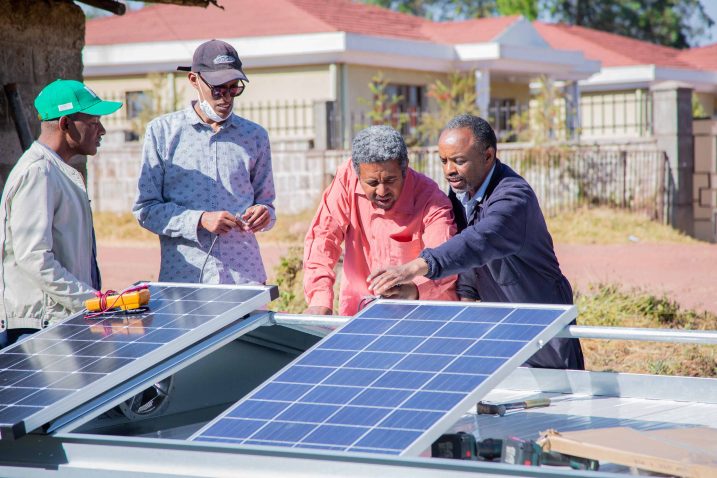
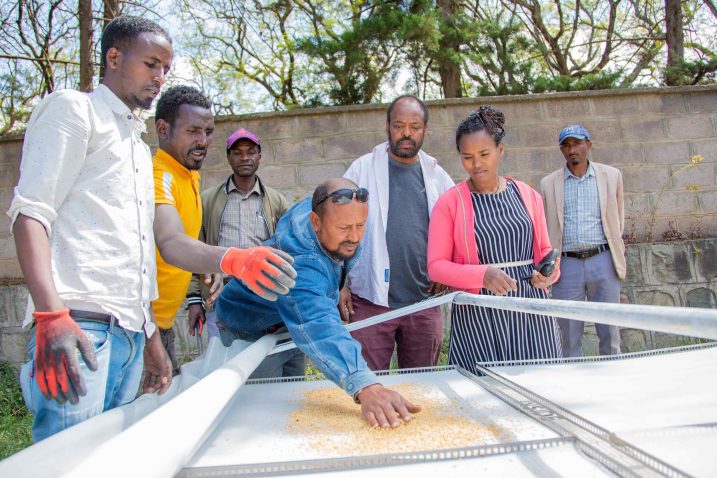
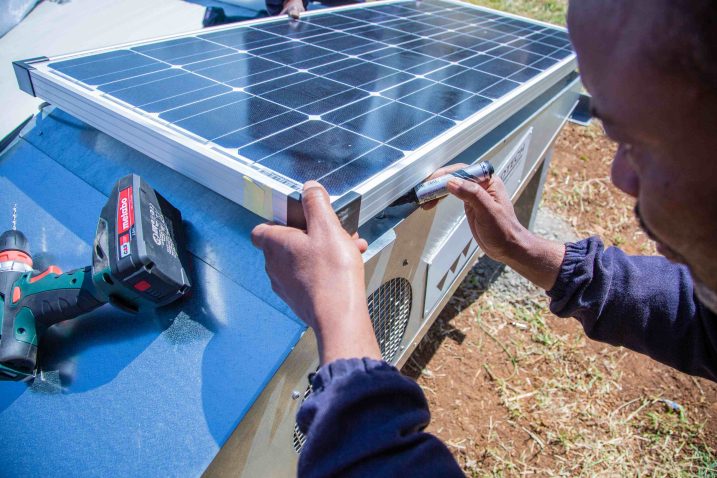
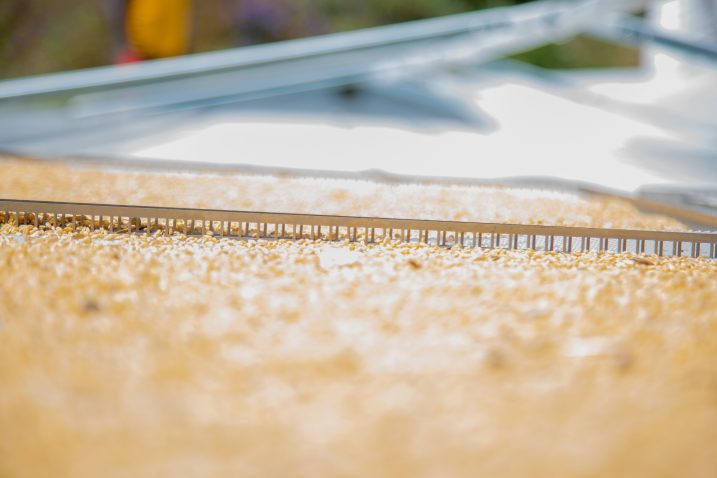
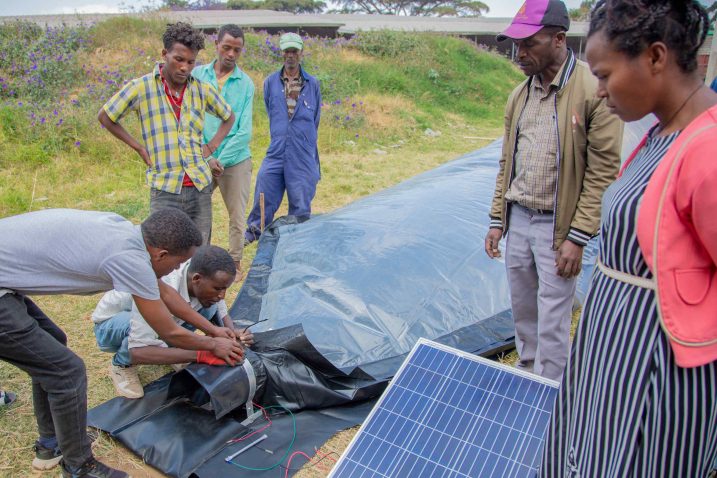
But there are challenges. Only a few, if any, solar dryers are available on the local market. “I am afraid we will not be able to access this technology because, as far as I know, it is not available in the Ethiopian market,” says Yetwale Gelaw Emiru. Together with Getu Nigusu Hordefa, he demands: “The Ethiopian government and other agricultural organisations must ensure that we can acquire these technologies.”
Cooperation between government and NGOs crucial
Cooperation between governmental and non-governmental organisations will play a crucial role in making the necessary technologies available. This will need to go hand in hand with agricultural training, so farmers can use efficient drying methods, for example, and increase their yields. Better knowledge, coupled with innovative technologies for decentralised renewable energy, is key to enabling farmers like Yetwale Gelaw Emiru and Getu Nigusu Hordefa to meet the challenges ahead and look to a sustainable future.
